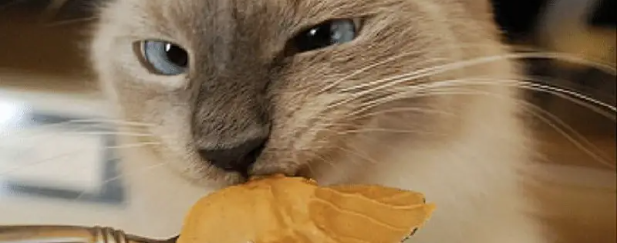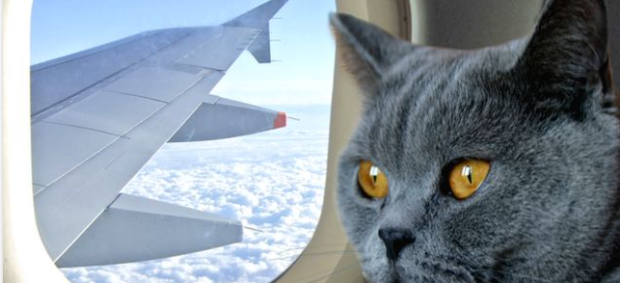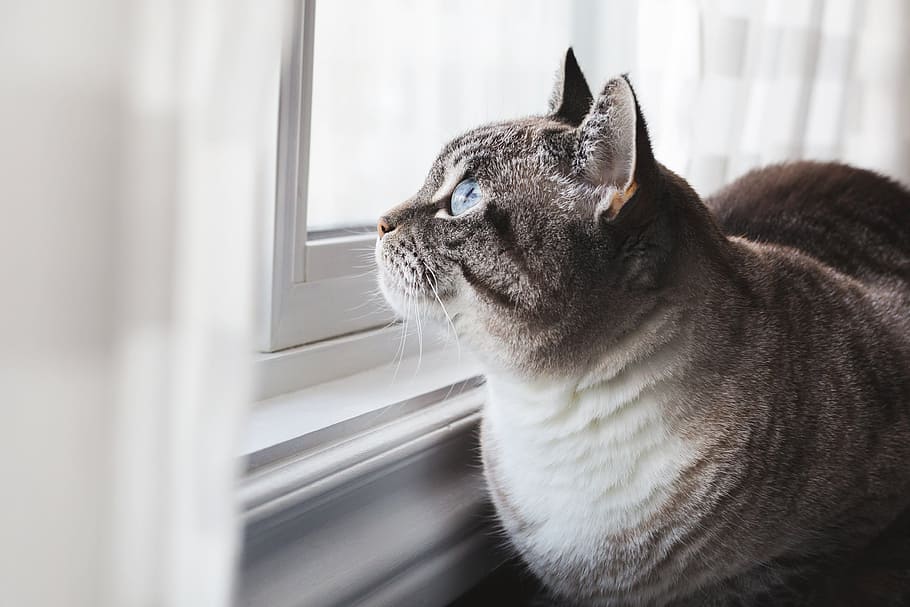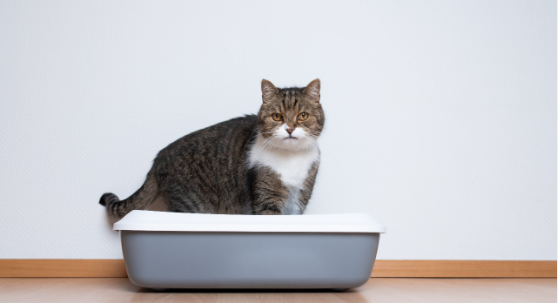Can Cats Have Peanut Butter?
Peanut butter is an incredibly popular food item in households around the world. It is a delicious and versatile spread that can be enjoyed on sandwiches, and crackers, and even used as an ingredient in recipes for baked goods.
Peanut butter is also known for its high protein content and healthy fats. However, can cats have peanut butter?
Explanation of the popularity of peanut butter
Peanut butter has become a staple food item for many people due to several reasons. Firstly, it is relatively affordable compared to other sources of protein.
It is also widely available at grocery stores and markets in various types and brands, making it easy to find your favourite one. Peanut butter can be consumed in different ways such as a spread on toast or crackers or as an ingredient in smoothies or baked goods.
Another reason behind the popularity of peanut butter is its health benefits; as mentioned earlier, it has high levels of proteins that are beneficial for muscle growth and repair. Additionally, it contains healthy fats that help lower cholesterol levels in the body.
A brief overview of the topic: Can cats have peanut butter?
The question of whether or not cats can have peanut butter has been a subject of debate among pet owners for many years now. While some people argue that it’s okay to give your cat a small amount occasionally as a treat, others believe that it’s best not to feed your feline companion any peanut-based foods at all.
In this article, we will explore this topic in detail by examining the nutritional value of peanut butter for cats, potential risks associated with feeding it to them, how allergies may affect your cat’s ability to consume it safely, alternative options available if you choose not to give your cat peanut butter and fun facts about cats’ love affair with this tasty treat.
The Nutritional Value of Peanut Butter for Cats
The Benefits of Protein and Healthy Fats in Peanut Butter for Cats
Peanut butter is a popular human food that contains high levels of protein and healthy fats. The nutritional value of peanut butter for cats is similar to that for humans, making it a tempting treat to share with our feline friends.
Protein is essential for cats’ health, as it helps build muscle mass and keeps their fur and skin healthy. Healthy fats, such as those found in peanut butter, are also important in maintaining a cat’s overall well-being by keeping their coat shiny and promoting good heart health.
In addition to protein and healthy fats, peanut butter also contains vitamins B3 (niacin) and E which can benefit cats in small amounts. Niacin helps with nerve function while vitamin E is an antioxidant that can protect cells from damage caused by free radicals.
The Potential Risks Associated with Feeding Peanut Butter to Cats
While the nutritional value of peanut butter may seem attractive for cats, there are some potential risks associated with feeding it to them. One significant concern is the high-fat content of most commercially available peanut butter (upwards of 50% fat content), which could lead to obesity if fed in large quantities or too regularly.
Another concern is the potential presence of aflatoxins – harmful substances produced by certain molds found on peanuts. These toxins can be harmful or even lethal if absorbed into the body over time.
Although rare, some cats may be allergic to peanuts or have difficulty digesting them. Symptoms typically include vomiting or diarrhea but can even escalate into more severe reactions like breathing difficulties and anaphylaxis.
Overall, while peanut butter has some nutritional benefits for cats when fed correctly, it should be given sparingly due to its high-fat content and potential allergy risk. Always consult with a veterinarian if you have concerns about introducing new foods to your cat’s diet.
Can Cats Have Peanut Butter?Allergies and Sensitivities in Cats
Understanding food allergies and sensitivities in cats
While cats are carnivorous animals, their digestive systems can handle a variety of foods. However, some cats may be allergic or sensitive to certain ingredients in their food. The most common culprits of food allergies or sensitivities in cats are chicken, beef, fish, dairy products, and wheat gluten.
Peanut butter is not a common allergen for cats, but it can still cause allergic reactions in some felines. When a cat is exposed to an allergen (a substance that triggers an allergic reaction), their immune system overreacts and releases histamines that cause inflammation and irritation in various parts of the body.
This can result in symptoms such as itching, swelling, diarrhea, or vomiting. Food allergies typically manifest when the cat has consumed the allergen multiple times before showing symptoms.
How to identify if your cat is allergic to peanuts or peanut butter
If you suspect your cat is having an allergic reaction to peanuts or peanut butter, there are several signs you should look out for. Some common symptoms include skin rash or hives around the mouth area and ears; excessive scratching or licking; sneezing; coughing; vomiting or diarrhea. If your cat displays any of these symptoms after consuming peanut butter it’s best to take them straight to the vet. The vet may perform tests such as blood work or skin prick tests to determine if your cat is truly allergic to peanuts/peanut butter or if there’s another underlying condition causing their symptoms.
It’s worth noting that while peanut butter may not be poisonous for cats per se, it’s also not recommended for them as it contains high levels of fat which can lead to obesity and other health problems down the line. If you’re looking for healthy snack alternatives for your beloved feline friend, there are plenty of other options that you can consider, such as cooked chicken or small quantities of fish.
Alternatives to Peanut Butter for Cats
Safe and Healthy Alternatives to Peanut Butter for Cats
While peanut butter is a popular human food, it may not be the best choice for your feline friend. Fortunately, there are many safe and healthy alternatives to peanut butter that you can offer your cat. One great option is canned pumpkin, which is packed with fiber and other essential nutrients that can improve digestive health and promote weight loss in cats.
You can simply mix a spoonful of canned pumpkin into your cat’s kibble or wet food to add some variety to their diet. Another great alternative is plain, unsweetened yogurt.
This dairy product contains beneficial probiotics that can improve gut health and reduce inflammation in cats with digestive issues. However, be sure to choose a brand that does not contain artificial sweeteners or flavorings as these can be harmful to cats.
Creative Ways to Incorporate These Alternatives Into Your Cat’s Diet
To make mealtime more fun and interesting for your feline friend, you can get creative with how you incorporate these alternative foods into their diet. For example, you can use canned pumpkin or yogurt as a topping on dry kibble or mix it into wet food for added flavor and nutrition.
Another idea is to freeze small dollops of plain yogurt or mashed canned pumpkin in an ice cube tray before serving them as healthy treats on hot days. You could also try making homemade cat treats using these alternative ingredients by mixing them with whole wheat flour and baking them in the oven.
Overall, there are many safe and healthy alternatives to peanut butter that you can offer your cat if you want to add some variety to their diet while keeping them healthy. Just be sure to check with your veterinarian before making any significant changes in your cat’s diet.
Can Cats Have Peanut Butter?Fun Facts About Cats and Peanut Butter
Surprising information about how some cats love the taste of peanut butter
It might come as a surprise to many cat owners, but some cats actually enjoy the taste of peanut butter. Although cats are often known for their picky eating habits, some felines may develop a liking for the creamy texture and nutty flavor of this popular human food.
However, it’s important to remember that not all cats are the same, and what one cat enjoys may not be appealing to another. One reason why some cats might like peanut butter is due to its high-fat content.
As carnivores, feline diets naturally consist of high amounts of protein and fat, so the rich flavor and creamy texture of peanut butter can be attractive to certain cats. Additionally, if you have a kitten or a younger cat who is still in the process of discovering new tastes and textures, they may be more open to trying different types of human food.
Interesting trivia about the history of peanut butter as a popular human food
Peanut butter has been a beloved staple in American households for over a century. Created by Dr. John Harvey Kellogg in 1895 as a nutritious protein source for patients at his Battle Creek Sanitarium in Michigan, peanut butter quickly gained popularity across the country due to its convenience and versatility.
Interestingly enough, it wasn’t until after World War II that peanut butter really took off as a mainstream food item. During the war effort, soldiers were given rations that included jars of protein-rich peanut butter.
When they returned home after the war ended in 1945, they brought their love for peanut butter with them. Today, Americans consume over 1 billion pounds of peanut butter each year!
In addition to being used as a sandwich spread or dip for snacks like carrots or celery sticks, peanut butter has also been incorporated into various desserts such as cookies, cupcakes, and pies. Its popularity shows no signs of slowing down anytime soon.
Conclusion
Summary of Key Points Discussed in the Article
Peanut butter is not toxic to cats and can be safe in moderation. However, it should not be a regular part of their diet due to the potential risks associated with it. Peanut butter provides nutritional value such as protein and healthy fats, but also contains high levels of fat, salt, and sugar which can lead to health problems in cats if consumed regularly or in large quantities.
Additionally, some cats may have allergies or sensitivities to peanuts or peanut butter which can cause adverse reactions such as vomiting, diarrhea, or difficulty breathing. If you choose to feed your cat peanut butter, it is important to do so sparingly and only as a treat.
It is also crucial that you monitor your cat for any signs of allergic reactions or digestive issues. If you notice any adverse reactions after feeding your cat peanut butter, consult with your veterinarian immediately.
Final Thoughts on Whether or Not It Is Safe to Feed Your Cat Peanut Butter
While some cats may enjoy the taste of peanut butter and can safely consume small amounts as a treat without negative effects on their health; it should not be a regular part of their diet due to its high levels of fat, salt, and sugar content. Instead, consider incorporating alternative treats such as cooked lean meat or fruits like bananas into your cat’s diet. The key takeaway is that feeding your cat a varied and balanced diet rich in nutrients they need will help keep them healthy throughout their lives.





Leave a Reply